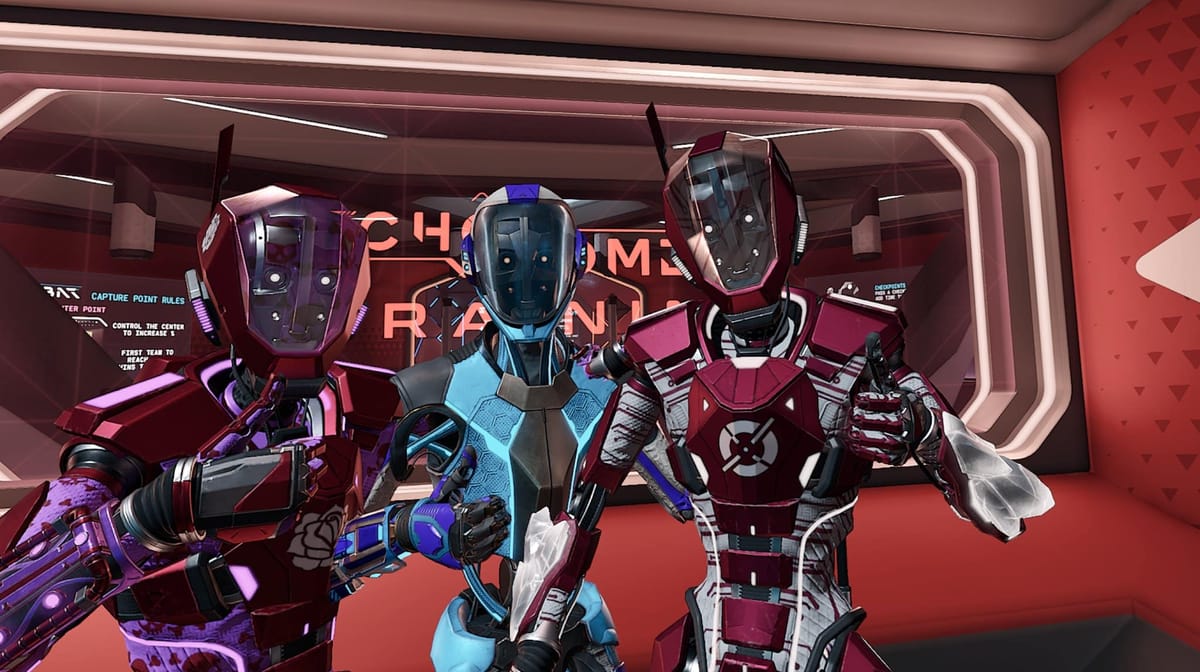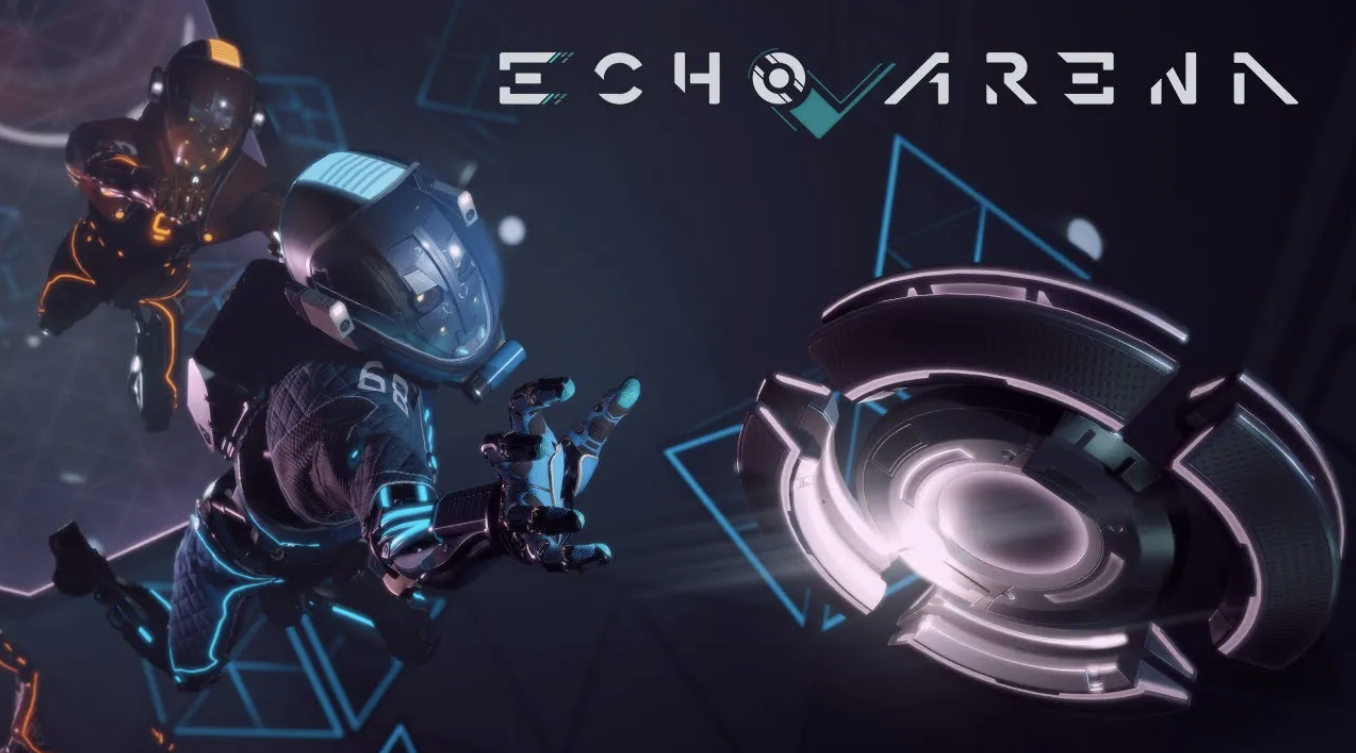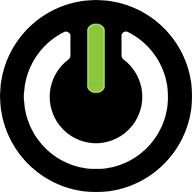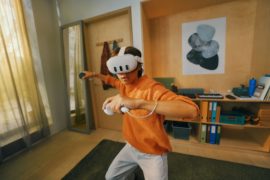Meta confirmed to UploadVR it closed the development studio behind some of VR’s best games.
Ready At Dawn is no more, Meta confirmed, after an article reporting the closure first appeared on Android Central. Lone Echo and Echo Arena from RAD delivered fluid zero-g gameplay in standout single-player and multi-player games on Rift and Quest headsets.
Meta acquired Ready At Dawn in 2020 and Lone Echo II in 2021 was the last Oculus Rift exclusive. By 2023, Meta’s shifting priorities under CTO Andrew Bosworth saw the closure of Echo Arena, a well-loved zero-g team sport, leading to pleas from former technical guide John Carmack and a reminder from the community of the painful loss in its closure.

Layoffs At Oculus Studios
The closure follows layoffs last year, which also hit Onward creator Downpour Interactive, another Meta-owned studio. When cancelling Echo Arena, the studio noted they were “coming together to focus on our next project. We can’t say anything about it yet, but we are all excited and need all hands on deck.”
Meta’s history in VR gaming shows a number of acquisitions followed by more founder departures than new game announcements:
- Camouflaj, the developer behind Iron Man VR, is aiming to wow superhero fans with Batman: Arkham Shadow later this year featuring real-time shadows pressing Quest 3’s graphics capabilities
- Beat Games added new features and lots of DLC to its singular title Beat Saber since acquisition by Meta near the end of 2019
- Supernatural’s VR fitness service is part of Meta despite meeting opposition by the U.S. Federal Trade Commission
- Sanzaru Games followed up PC powerhouse Asgard’s Wrath with Asgard’s Wrath 2 on Quest 2 and 3 in 2023
- Echo VR, Lone Echo and Lone Echo II developer Ready At Dawn Studios, each considered among some of VR’s best games, was acquired in 2020 and is dead as of August 2024
- Population: One studio BigBox VR moved to free to play with the recent Phoenix Royale update keeping the game fresh
- Meta also acquired Armature Studio, which brought Resident Evil 4 to Quest 2, as well as Onward developer Downpour Interactive, and Wilson’s Heart developer Twisted Pixel
Meanwhile, Meta’s research toward all-day AR glasses consumes tens of billions in manufacturing and investment partnerships. As Google tries to take Meta’s Ray-Ban partnership and fork Android XR, Zuckerberg’s $23 billion spent for WhatsApp and Oculus VR back in 2014 was merely an entry fee to get Horizon OS to where it is today with the Quest 3 as a market-leading VR headset in a still-nascent space.
As Zuckerberg charts out AI-generating server farms into the 2030s with glasses, wristbands and headset technologies, how much money does he have left over to support Oculus Studios? And then how much is left to fund third-party VR games on the Horizon store? And going forward, how will Meta balance funding between store games and Horizon Worlds?






